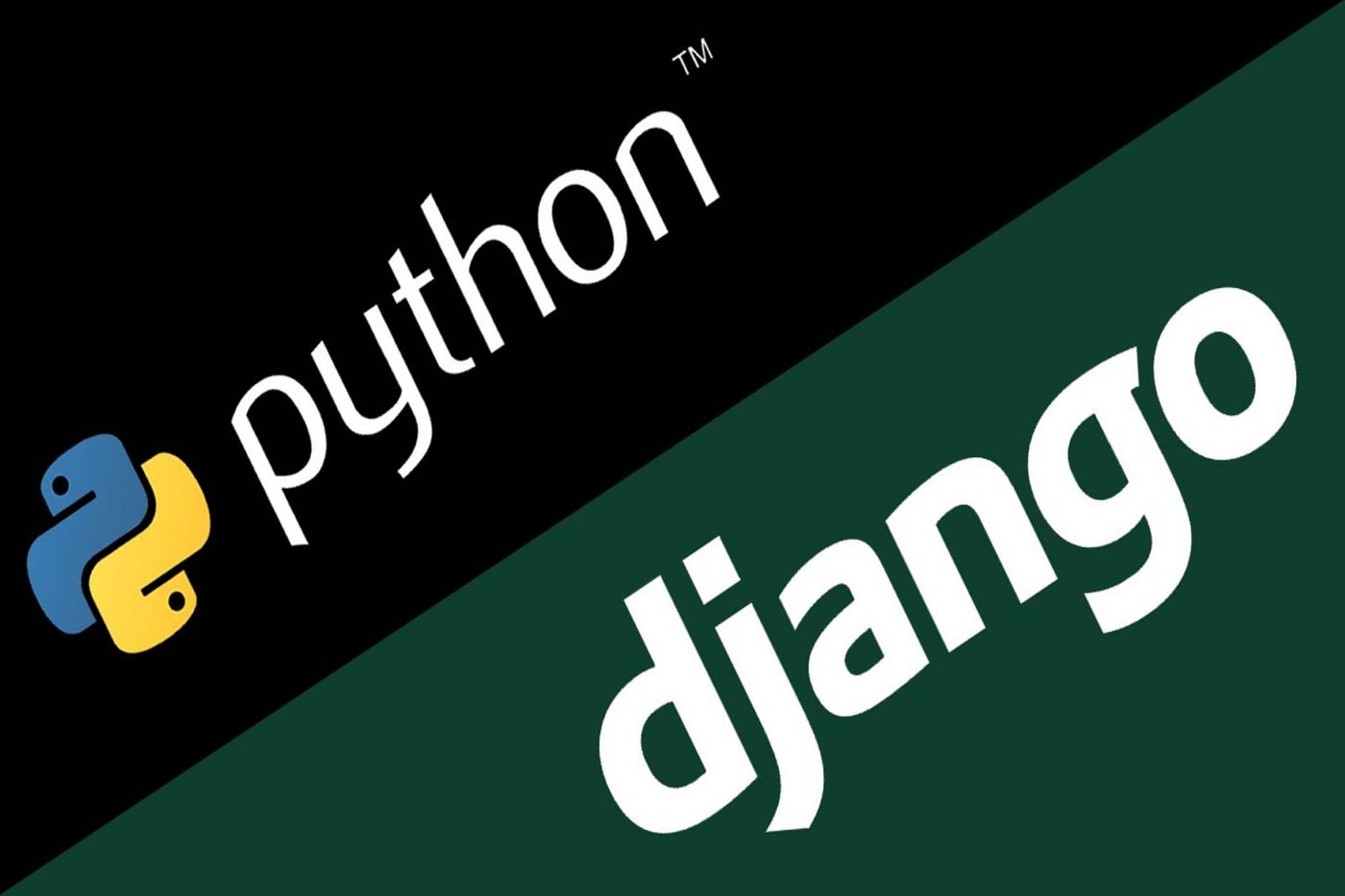Hydra Tech Insights
Stay updated with the latest in technology and gaming.
Django Dreams: Building Web Applications on a Shoestring
Unlock the secrets to building powerful web apps with Django on a budget. Start your journey to success today!
5 Essential Django Tips for Budget-Friendly Web Development
Django is a powerful web framework that can streamline your development process, making it an ideal choice for budget-friendly web development. Here are five essential tips to maximize your efficiency without breaking the bank:
- Leverage Built-in Features: Django comes with a plethora of built-in features like an ORM, admin panel, and authentication system that can save you time and money on custom solutions.
- Utilize Django Packages: Instead of developing every component from scratch, explore the vast ecosystem of third-party Django packages. Many can add significant functionality to your projects at minimal cost.
Moreover, to ensure that your web application stays light on the resources while being feature-rich, consider the following:
- Implement Caching Efficiently: Use Django's built-in caching framework to minimize database queries. Fewer queries can drastically reduce hosting costs.
- Optimize Your Code: Regularly review your code for inefficiencies and bottlenecks. Cleaner, more efficient code not only improves performance but also makes future maintenance cheaper.
- Choose the Right Hosting: Look for hosting providers that specialize in Django applications and offer scalable solutions. This can help you save on costs as your project grows.

How to Build Scalable Web Applications with Django on a Limited Budget
Building scalable web applications with Django on a limited budget is not only feasible but also an empowering experience for developers. Start by leveraging the built-in features of Django, which provide excellent tools for rapid development and scalability out of the box. First, utilize the Model-View-Template (MVT) architecture to efficiently organize your project, ensuring that your codebase remains clean and maintainable. This structured approach allows you to add new features without significantly increasing complexity or cost. Next, consider deploying your application on affordable cloud platforms, such as Heroku or DigitalOcean, which offer flexible pricing and easy scalability options as your user base grows.
To further optimize your Django application on a budget, it’s crucial to implement effective caching strategies. Use Django's built-in caching framework to store frequently accessed data, thereby reducing load times and server strain. Additionally, adopting a microservices architecture can help decouple your application’s components, making it easier to scale individual parts independently without committing to unnecessary expenditures. Keep an eye on performance monitoring tools that can help you identify bottlenecks and optimize your application accordingly. Remember, careful planning and strategic use of resources can lead to a highly scalable web application without breaking the bank.
Common Challenges When Using Django for Low-Cost Web Projects and How to Overcome Them
Django is a powerful web framework that makes it easier to develop secure and maintainable websites quickly. However, when utilizing Django for low-cost web projects, developers often encounter several common challenges. Cost management can be a significant hurdle, as the initial outlay for hosting and domain registration can overshadow the actual development costs. Additionally, the learning curve associated with Django's complexity may require more time investment than initially planned, leading to potential delays in project timelines. To navigate these issues, it's crucial to set a clear budget and timeline ahead of development while opting for cost-effective hosting solutions that support Django applications.
Another challenge lies in the scalability of low-cost web projects built with Django. While Django is designed for scaling, many developers may not architect their applications with future growth in mind, leading to performance bottlenecks. To mitigate this risk, developers should implement best practices such as optimizing database queries, utilizing caching strategies effectively, and refactoring code to improve efficiency as the project evolves. Furthermore, leveraging Django's diverse ecosystem of open-source packages can enhance functionality without incurring additional costs, ultimately helping developers to create robust applications even within tight budgets.